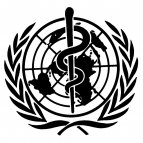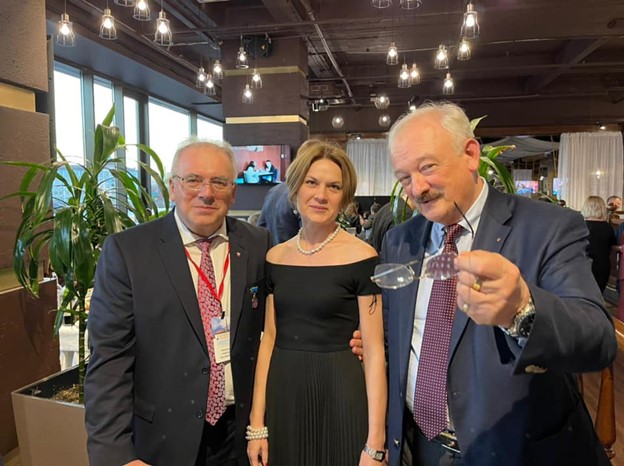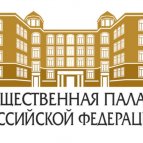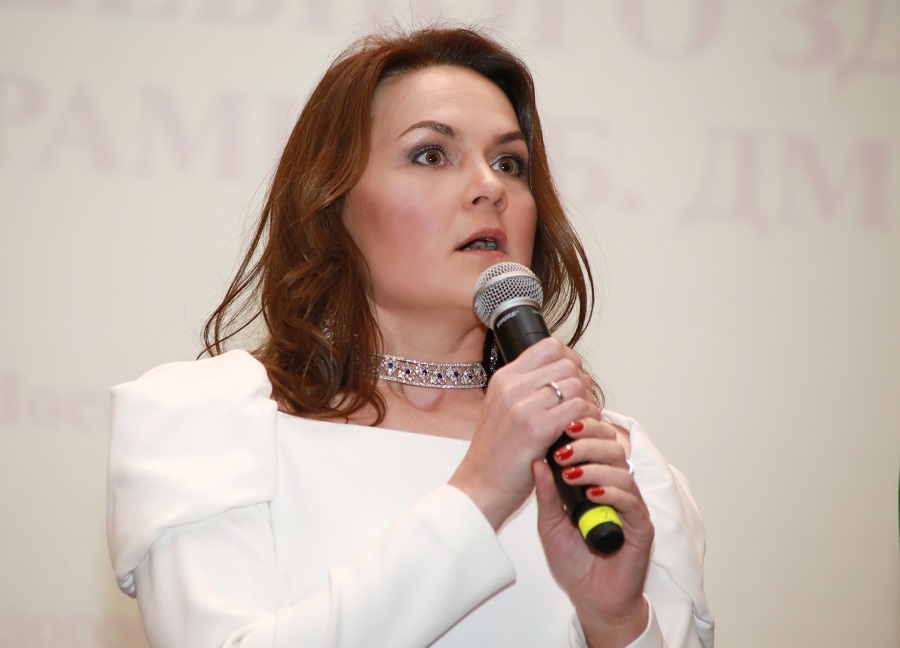Dr. Gordana Milavic, Consultant Child and Adolescent Psychiatrist, Co-Chair of the WPA Section “Child and Adolescent Psychiatry”, with welcome address to the Congress participants
Dr. Gordana Milavic, MD., F.R.C.Psych., Consultant Child and Adolescent Psychiatrist, Maudsley Hospital, Co-Chair of the Child and Adolescent Psychiatry Section of the World Psychiatric Association, Former Clinical Director of Child and Adolescent Mental Health Services, South London and Maudsley NHS Foundation Trust, Сo-Chairperson of the Special Session “Child&Adolescent Mental Health” in the frame of the Congress on Mental Health: Meeting the Needs of the XXI Century with welcome address to the participants.

“It is a great honour and privilege to be invited to the prestigious Congress on Mental Health:Meeting the Needs of the XXI Century from 7-8 October 2016, to mark the World Mental Health Day, in Moscow, Russia.
The programme and proceedings promises to be a truly exciting and stimulating event.
I would firstly like to convey greetings form our Chief Executive, Mr Matthew Patrick and the South London and Maudsley NHS Foundation Trust, one of the largest mental health trusts in the UK and a unique component of Kings Health Partners Academic Health Sciences Centre. The Centre encompasses three of the UKs leading NHS Foundation Trusts and Kings College University with the main objective of translating cutting edge research into excellent patient care through world class education and training. Services are provided to the diverse, urban and often deprived areas in parts of central and outer London. The combined services see over 4 million patients a year, have 3,600 staff and 25,000 students.
More specifically the Child and Adolescent Clinical Academic Group at the Maudsley includes both inpatient and outpatient services and a highly productive and thriving academic department. In addition to the children’s community clinics, services are provided for British Forces in Germany and the Falklands, in Gibraltar and in the Middle East. Generic child and adolescent services in the community form the bulk of the services but we also provide national services and specialize in a range of disorders including autism and other neurodevelopmental disorders, eating disorders, depression and bipolar disorders, obsessive compulsive disorders and services for children with learning difficulties.
I would also like to extend to you greetings form the World Psychiatric Association Scientific Section of Child and Adolescent Psychiatry, (WPA CAP) and my co-officers Professor Bennett Leventhal from the University of California, San Francisco and Professor Norbert Skokauskas, Centre for Child and Adolescent Mental Health and Protection, Department of Neuroscience, University of Trondheim, Norway. The WPA CAP Section counts numerous members from across the world. The Section publishes the quarterly on line Journal of World Child and Adolescent Psychiatry and welcomes contributions from all regions of the world. Its other main activities have focused on educational events and the organization of symposia and seminars at large WPA meetings, international and local conferences. The issues of migrant and refugee children and traumatized and abused children in all societies have been at the centre of its policy making.
The mental health needs of children and adolescents are not being met adequately anywhere in the world! Epidemiological studies conducted from across different cultures and regions have established that one in four people on average experience a mental health problem. The majority of mental health problems start in childhood with 50 per cent of adult mental health problems starting before the age of 15 and 75 per cent before the age of 18.
We now know that children are particularly sensitive and vulnerable to early stressors from the moment of their conception onwards resulting in immediate and longer term adverse effects upon their wellbeing. Therefore intervening early is of essence, particularly in the critical periods of childhood and adolescence. Through the implementation of effective preventive and treatment strategies we can avoid adverse mental health outcomes and ameliorate the effects of disorders when they do arise. This can be done through tackling stigma and improving attitudes to mental illness, identifying those children who are at risk, making services more accessible and
adhering to effective and well researched methods of treatment and follow up.
In order to bridge the gap between demand and capacity child and adolescent mental health services are best delivered across stratified services ranging from primary care to specialist services. The basic principles of a tiered approach include the involvement of primary care services in addressing the wellbeing of children and young people’s emotional and mental health needs through to the establishment of specialist services in multidisciplinary teams and hospital settings. Thus General Practitioners, Health Visitors, School Nurses, Social Services, Teachers, Voluntary agencies and juvenile justice workers may be trained to identify mental health problems early in their development, to offer general advice and to refer on if problems persist or become severe. Specialist services may be reserved for the more severe, complex and chronic disorders. The specialist staff may include child and adolescent psychiatrists,clinical psychologists, social workers, nurses and child psychotherapists.
All children and young people under the age of 18, irrespective of their gender, sexuality, race, religion, ability and culture should have access to a comprehensive child and adolescent mental health service. Emergency services should be provided on a 24 hour basis. The commissioning and provision of services needs to be based on good epidemiological knowledge, cultural values and local demographic characteristics. Health, Education and Social Services and voluntary agencies must work together. For the past decade the voice of children, young people and their families has become increasingly important and needs to be incorporated into any planning of services. Quality of services and monitoring of outcomes are the hallmark of good practice. The safety and security of children and young people are paramount. Good quality care depends on thorough training and ongoing supervision and constant efforts to keep abreast of the latest research findings.
It is meetings like this Congress in Moscow that enable global cooperation, collaboration in research and exchange of good practice principles. Once again I am truly grateful to the organizers for inviting me to the conference”.
Please visit the Congress’s website to access online registration for the congress program, including detailed information and registration options: www.mental-health-congress.ru/en/









